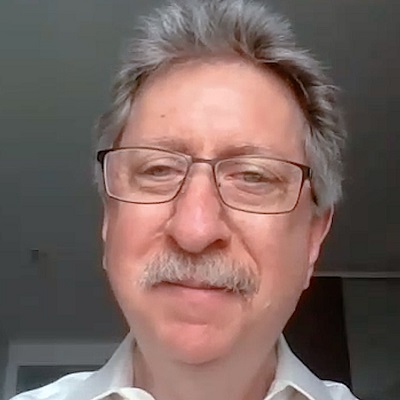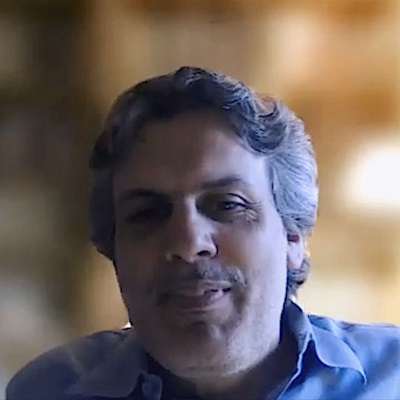May 6, 2022 -- Patricia Zettler, JD, associate professor of law at The Ohio State University, and chair of the International Society for Cell & Gene Therapy (ISCT) Expanded Access Working Group, spoke with ScienceBoard.net at the ISCT 2022 annual meeting in San Francisco about the regulatory and ethical issues around cell and gene therapy (CGT) expanded access.
Expanded access, also known as compassionate use, allows patients who are seriously or terminally ill to access investigational treatments such as CGT outside clinical trials once other available options have been exhausted.
Zettler said the primary goal of ISCT's working group is to develop resources to help CGT stakeholders provide access in ways that serve patient interests, as well as preserve the ability to conduct clinical trials and get the safety and effectiveness information that is needed about those therapies. "Right now, is a great time to be thinking about these issues," Zettler said. "Patient interest in access outside of clinical trials is surging."
Watch the video below to learn more.
Copyright © 2022 scienceboard.net









